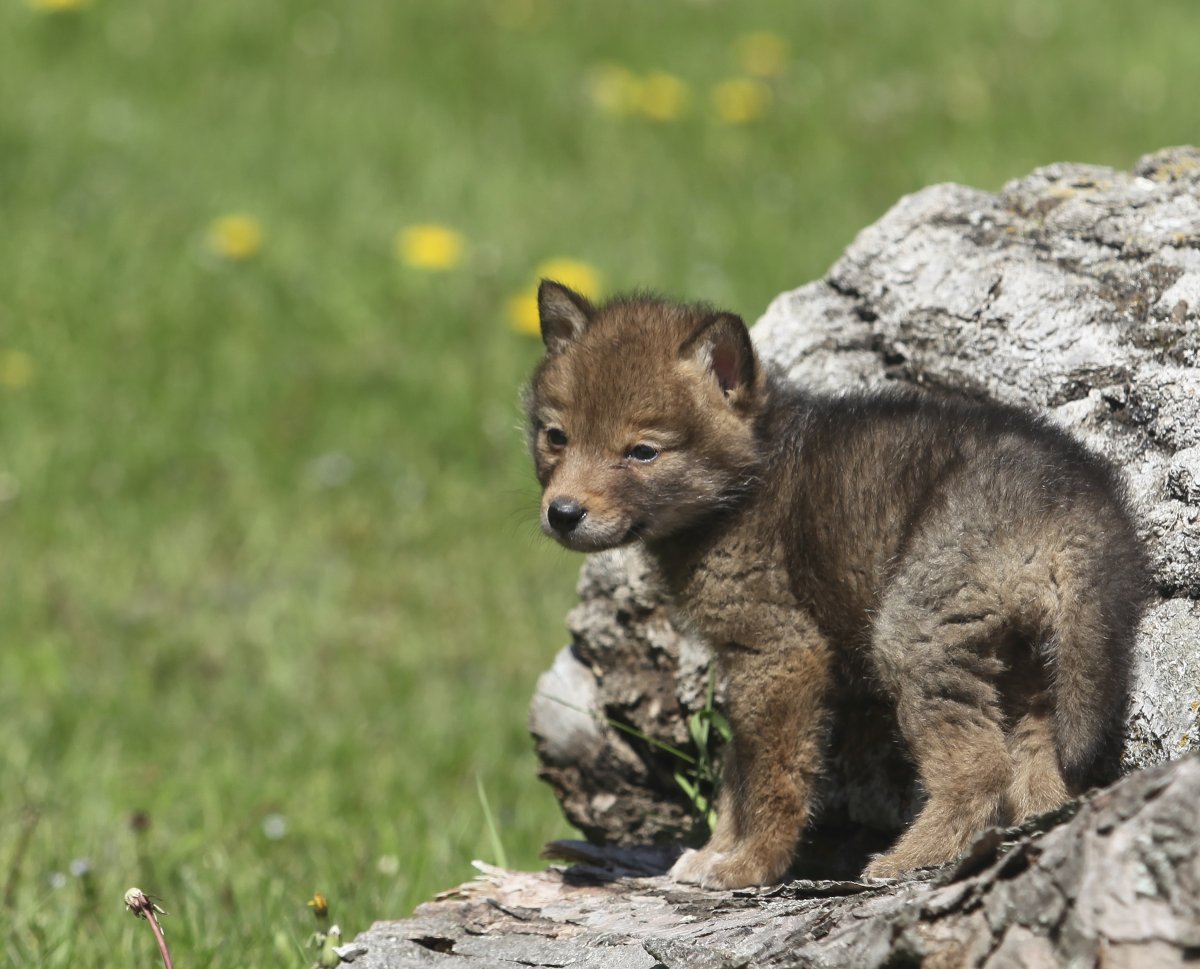In a surprising turn of events, a family in Massachusetts found themselves rescuing a wild coyote pup, believing it to be a lost dog. This incident highlights not only the adaptability of wildlife but also the importance of understanding the creatures that share our environment. The family initially spotted the tiny animal "wandering and distressed by the side of a busy road," prompting them to take it home, unaware of its true identity.
Upon realizing their mistake, the family reached out to the Cape Wildlife Center for assistance. The center informed them that the eastern coyote is a common sight across Massachusetts, thriving in both rural and urban landscapes. Typically, coyotes give birth to litters of four to six pups during April or May and care for them as a family unit until the late fall. However, this particular pup seemed to have been displaced from its original family.
The good news is that the Cape Wildlife Center confirmed there was no risk of rabies from the coyote pup. It was cleared for rehabilitation by Mass Wildlife, allowing it to receive the necessary care to thrive. According to the center, "He is now recovering comfortably in one of our isolation wards, but will not be on his own for long." A foster sibling has already arrived from a rehabilitation center in Rhode Island, and the two will soon be introduced.
Once both pups complete their vaccination schedule, they will be raised together, providing them with an opportunity to learn natural behaviors in a spacious outdoor caging environment. The wildlife center emphasizes the importance of giving these animals a natural upbringing, replicating their normal behaviors and skills to prepare them for life in the wild.
Despite the happy ending, the Cape Wildlife Center cautions the public about the potential dangers associated with mistaking wildlife for domesticated pets. "It could have easily gone differently," they noted. Coyotes are recognized as a rabies vector species in Massachusetts and can transmit the virus, which poses a threat to all mammals, including humans.
Interestingly, although coyotes can carry the rabies virus, successful vaccination programs across the U.S. have made rabies a rare occurrence. In 2018, only four percent of animals tested in Massachusetts were found to have rabies, with the majority being raccoons, skunks, and foxes. However, the wildlife center warned that if the family had been bitten or scratched during their interaction with the pup, they would have been required to euthanize the animal and test for rabies.
For this reason, the center advises that individuals who encounter an animal in need should contact appropriate authorities rather than intervening directly. This approach ensures the safety of both the finder and the animal, promoting a better outcome for all involved.
Newsweek has reached out to the Cape Wildlife Center for further comments, emphasizing the importance of public awareness regarding wildlife interactions.

A Letter From Willow Smith To Tupac Shakur Goes Viral Amid Will Smith's Oscar Incident
Wordle: Unlocking The Secrets Of The Viral Word Game
Top 25 Tourist Attractions In The U.S. Before The Pandemic


